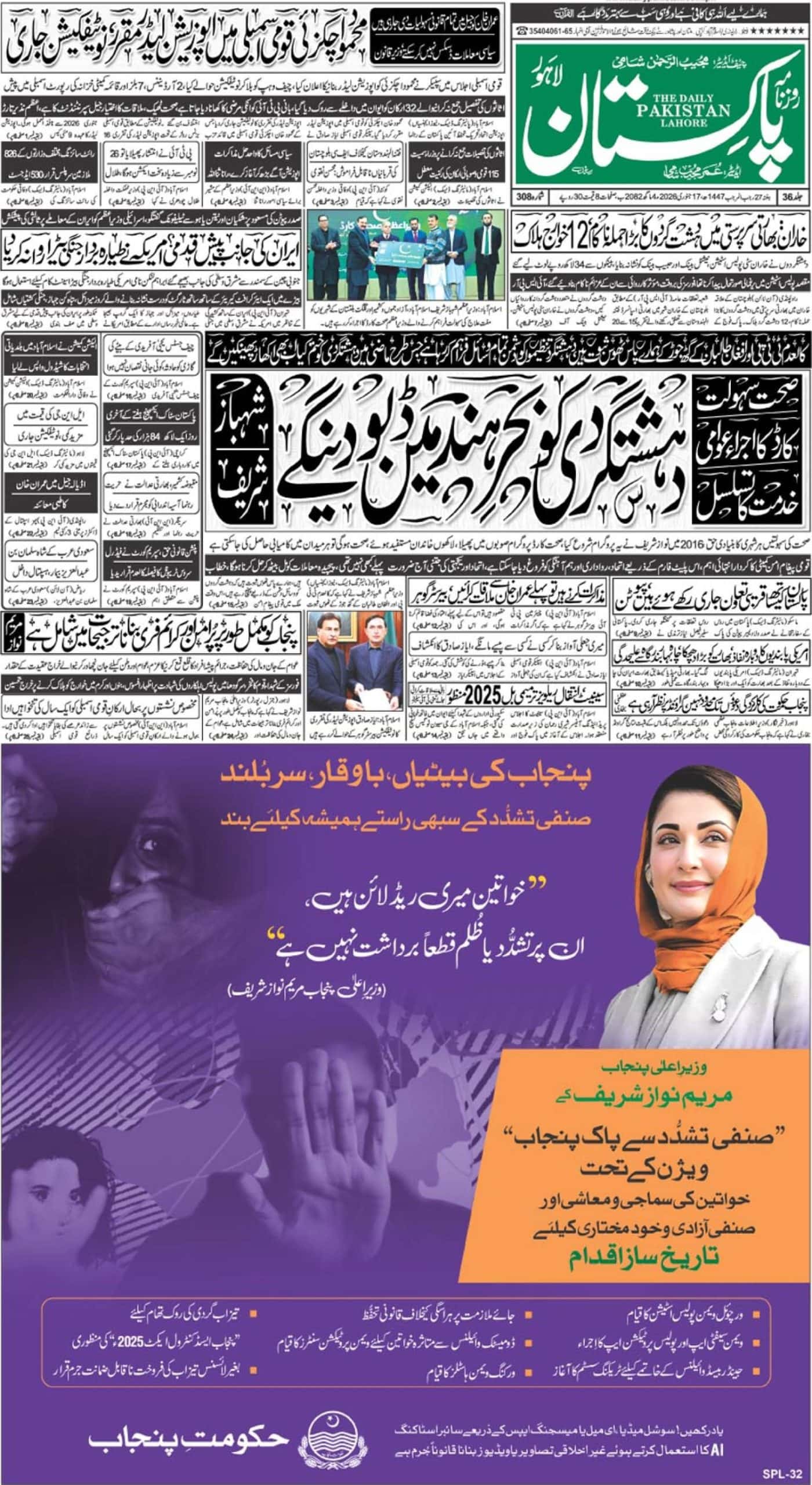ISLAMABAD – The Pakistan Telecommunication Authority (PTA) has blocked 43 rogue loan applications involved in extorting money from people through threats and blackmail.
The development comes days after the death by suicide of a 40-year-old man from Rawalpindi who was unable to return the loans he took from a number of mobile apps. His wife told the media that loan officers from the apps started threatening him on a daily basis, forcing him to take his own life.
The crackdown was launched after the PTA chief was directed to take immediate action against these loan sharks, according to the IT ministry. The firms operating such apps were usually registered with the country’s capital market regulator, which the PTA consulted before initiating action.
“Forty-three applications have so far been blocked as part of immediate implementation of the instructions,” IT Minister Aminul Haque said in a statement. “The lending mafia is blackmailing simple people through Facebook and other social media platforms.”
The developments come at a time when Pakistan is faced with record double-digit inflation. Most people in the South Asian country are struggling to cope with a surge in living costs triggered by the devaluing currency and removal of subsidies by the government to stave off an economic collapse.
“The FIA (Federal Investigation Agency) cybercrime wing should automatically take action against such elements instead of waiting for complaints,” said Haque, who also received a briefing by the FIA director-general on the actions taken against these firms and individuals.
“It is necessary to bring to justice the elements that take advantage of the compulsions of the people and push them into the darkness of death.”
Fraudsters have found a fertile ground for scams as more people turn to these mobile-based lenders. Many of the apps do not include contact details, making it impossible for aggrieved customers to seek redress.
“Threats, blackmailing, [and] the use of user’s personal data are against the law,” Haque said. “Consumers should not share personal data with anyone after being influenced by online and social media advertisements.”














